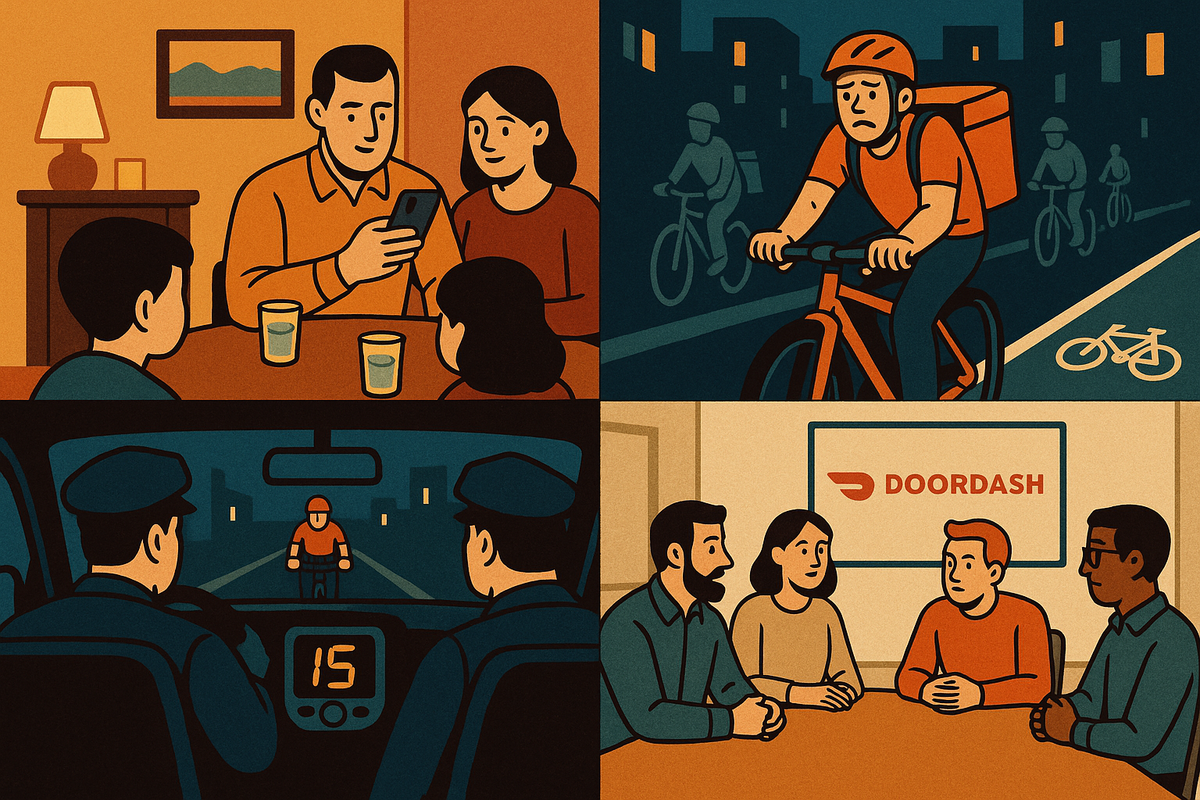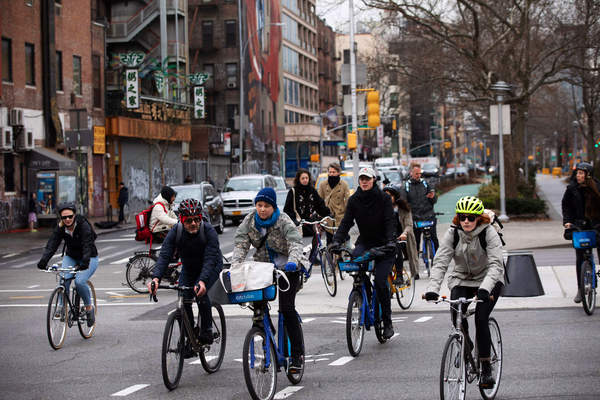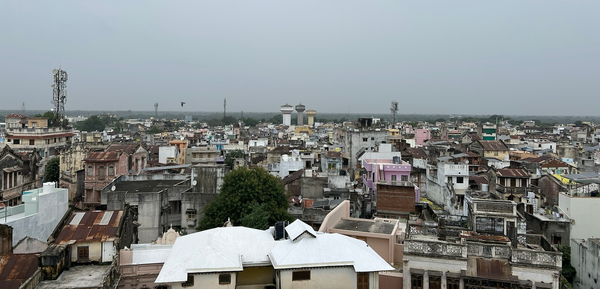E-bikes require a comprehensive approach, not just a speed limit

Yesterday, Mayor Adams announced a 15 mph speed cap for e-bikes—the latest in a string of moves to calm bike traffic and ease tensions between cyclists, drivers, and pedestrians. The instinct is right: our streets should feel safe and navigable for everyone. But a blanket speed cap won’t get us there.
At best, it treats a symptom. At worst, it shifts resources away from real danger. Enforcing e-bike speeds means diverting police attention from cars—the vehicles responsible for the vast majority of serious injuries and deaths on our streets. Worse, it relies on criminalization to fix what is ultimately a design problem.
Most "out-of-control" e-bikes are doing exactly what the system incentivizes. Delivery workers are paid, and their performance rated, based on the speed of delivery. For them, getting that pizza or sushi to your doorstep as quickly as possible is existential. Citibike presents a similar problem: pedal-assist bikes are charged per minute, so bikers have an incentive to get to their destination at breakneck speed.
What to do?
- Regulate the way that food delivery companies pay their workers. Require them to give workers a reasonable amount of time to get to their destination and no incentive for going faster than that. This will increase food delivery costs—not popular in our current economic context—but trading human safety to save a dollar or two on meal delivery is literally inhumane.
- Citibike should charge a flat fee for pedal-assist bike rental—for example, $2.90 for up to 30 minutes. This will encourage riders to take their time to get to their destination.
- Narrow bike lanes with curbs. Physically define lanes as 1.8-2.0 meters wide: wide enough for bicyclists to ride single-file or carefully pass, but narrow enough to make speeding or wrong-direction travel extremely difficult.
These three changes would go much further than a speed cap alone. They’d calm traffic, reduce tension, and make our streets feel more welcoming—for walkers, bikers, and drivers alike. And they’d do it without deepening reliance on the criminal justice system or stretching the police department even thinner.
Speed limits are only part of the answer. Systemic problems demand systemic solutions.



